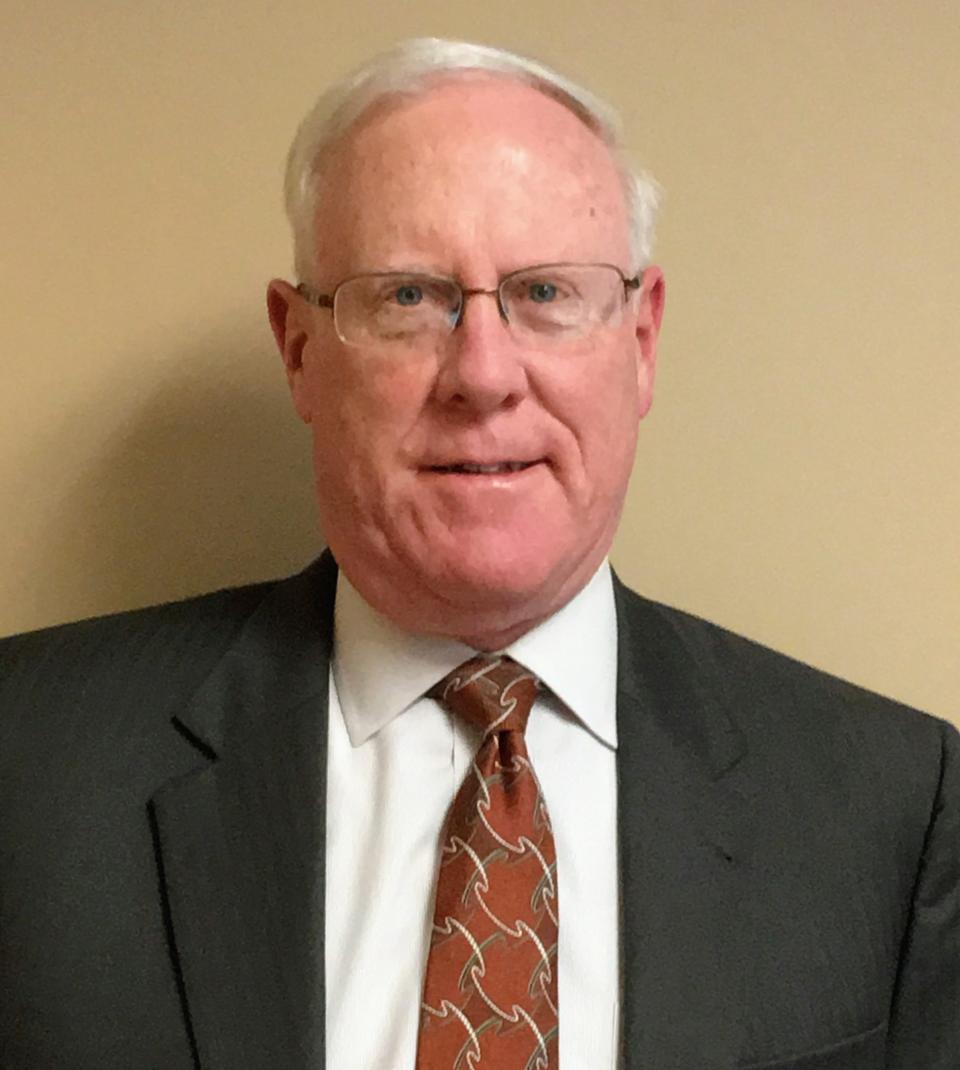Did you just inherit a million dollars? Beware of scams that could leave you high and dry
I received two letters a few years ago that I briefly thought might be worthy of a column warning about the scam involved, but decided it couldn’t be a serious problem and passed. A recent press release from the federal government proved me wrong.
Mr. Humberto Sasia Morales of the Meville Law Firm in Barcelona, Spain, sent me a letter advising that genealogical research indicated I might be related to Alexander Hutchinson, a client of his who died without a will.
Alexander left an estate worth the equivalent of $6.9 million in euros that Mr. Morales was confident I could claim with his assistance. He could “guarantee that this process is 100% viable with no risk involved as according to existing financial laws here in the kingdom of Spain and also that of your country.”
The Federal Trade Commission received almost 2,800 reports of foreign money and inheritance scams in 2022, a 13% increase over the previous year. Many victims were elderly. As with any statistics on scams, the actual numbers were probably much higher because many scams are never reported.
Another column by this author: Influencers endorsing products on social media must disclose their relationships
Crooks of these schemes play on victims’ emotions
In November, U.S. Immigration and Customs Enforcement announced that two Nigerian nationals were sentenced to 128 and 87 months in prison for their roles in a transnational inheritance fraud scheme.
They were the last of five defendants extradited from the United Kingdom and Spain to be convicted in connection with the scheme. One of them admitted that he had defrauded more than 400 people out of over $6 million.
Had I responded to Mr. Morales’ offer to help me get the $6.9 million, I would have been told that I needed to pay delivery fees, taxes, and possibly bribes to suspicious government officials.
The crooks would keep coming back with reasons for why I needed to send more money. Along the way I’d be asked to provide my Social Security number, birth date, and bank account number, which would expose me to identity theft.
The scam doesn’t just victimize people in the United States. If you Google “Spanish inheritance scam,” you’ll find alerts from the media in other countries, including the Dubrovnik Times in Croatia.
Here is how to report similar scams to the FTC
If you receive one of these letters, don’t respond no matter how official it may appear or how badly you might need the money. In scams like this, crooks count on victims’ emotions getting out in front of their common sense.
Keep your money and your information to yourself. Never respond to a stranger who promises big rewards. That’s always a scam. You can report it to the FTC at ReportFraud.ftc.gov.
By the way, it’s not just phony Spanish lawyers you need to be skeptical of. David Gardiner, partner in the Canadian law firm of Gardiner Associates/Barristers & Solicitors, wrote to tell me that Dr. Marcus Hutchinson was a victim of COVID-19 and left an unclaimed life insurance policy of $11,500,300.

He said that “in view of the striking similarity in same last name and nationality with the deceased” he would add my name to the policy and all proceeds would be processed on my behalf (it appears Marcus was an American, although I do have ancestors who came from Canada).
Mr. Gardiner and I would share 90% of the proceeds, with the other 10% going to charities.
Randy Hutchinson is president & CEO Better Business Bureau of the Mid-South.
This article originally appeared on Nashville Tennessean: Million-dollar scam: Beware of inheritance from mysterious relatives

